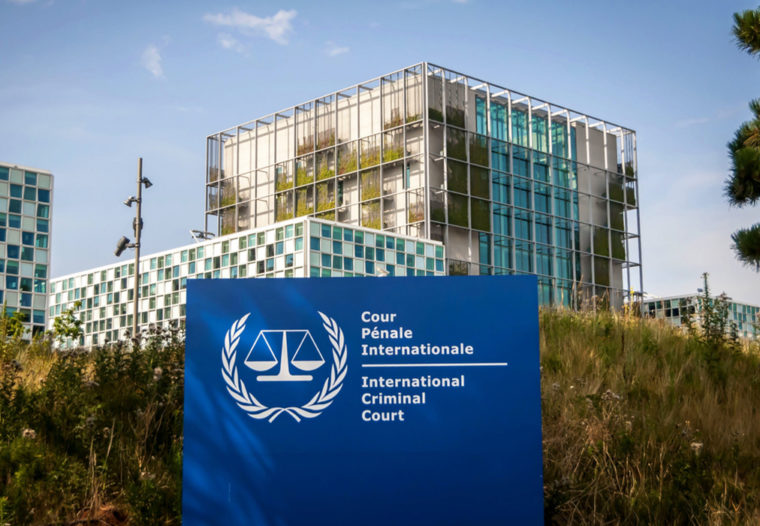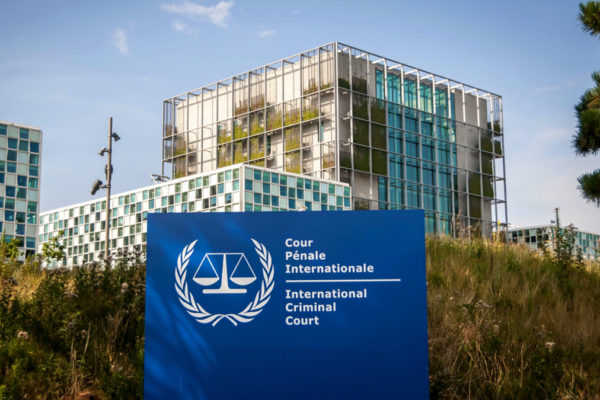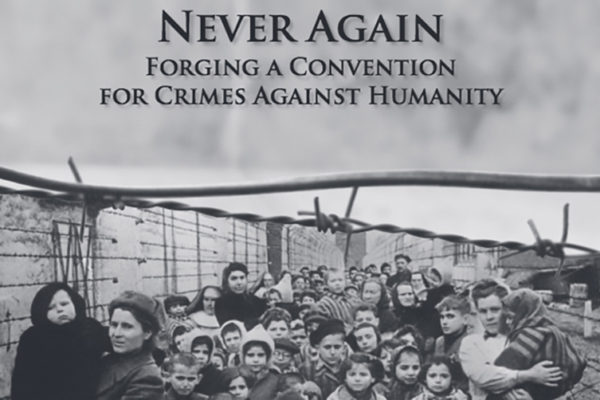The Trump Administration announced March 15 that the United States will deny or revoke visas for International Criminal Court (ICC) staff, a move aimed at deterring a potential investigation by the court into alleged war crimes and crimes against humanity committed by U.S. troops in Afghanistan.
“This is a rejection of the international rule of law,” said Leila Sadat, the James Carr Professor of International Criminal Law and director of the Whitney R. Harris World Law Institute in the School of Law, and an expert on the court.

“The court is an independent and impartial body,” she said. “Rather than bully the ICC and its personnel, the United States should support the court and its 123 States Parties to the Rome Statute of the ICC in their efforts to seek accountability and fight impunity for terrible crimes around the world.
“Today, the Trump Administration made it clear that the U.S. ‘war’ against the International Criminal Court in The Hague is not over,” Sadat said.
In September 2018, National Security Adviser John Bolton threatened sanctions and criminal prosecution against ICC officials in a speech to the Federalist Society. At the time, Sadat warned that threatening the ICC could further isolate the United States.
Secretary of State Mike Pompeo announced March 15 that the United States will revoke or deny visas to ICC personnel who try to investigate or prosecute alleged abuses committed by U.S. forces in Afghanistan or elsewhere. He signaled that such actions also may be applied to those seeking similar action against Israel.
Pompeo also raised the possibility of economic sanctions as a next step, Sadat said. O-Gon Kwon, president of the court’s Assembly of States Parties, responded that the court and its more than 120 States Parties are “undeterred by any threats against the court, its officials and those cooperating with it.”
“This is obviously very disappointing,” Sadat said. “The ICC is not actively investigating conduct in Afghanistan. It has applied for authorization from the pre-trial chamber of the court to initiate an investigation into alleged crimes against humanity and war crimes committed there, mainly by Taliban forces. Although this could potentially implicate Americans because of the ‘enhanced interrogation techniques’ used there in 2002 and 2003, the United States can remove the situation from the court simply by doing its own investigations.”



